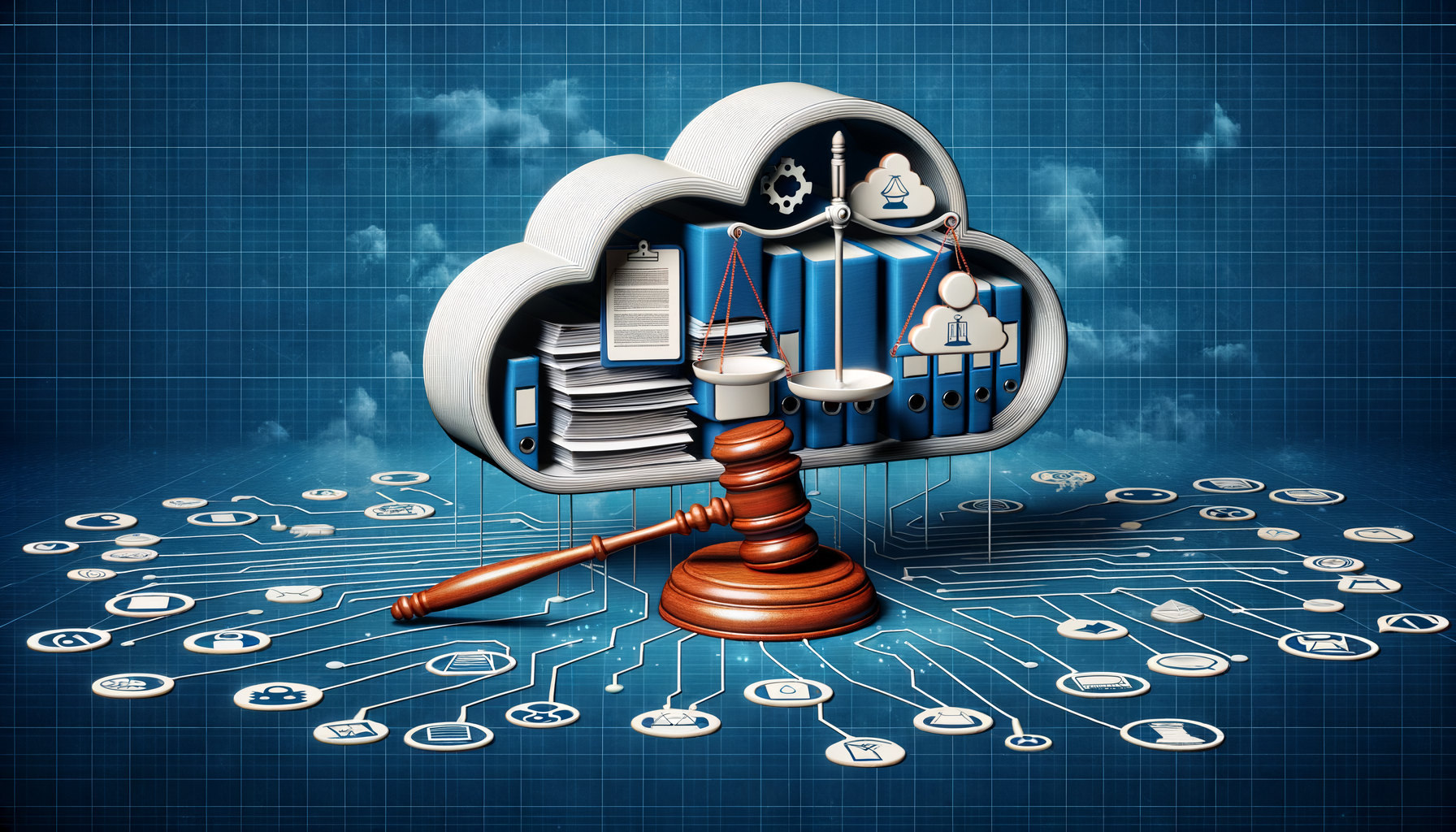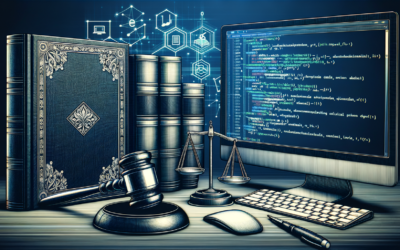Saas Legal
The legal world is undergoing a profound digital transformation with the advent of legal SaaS, which is redefining the way legal services are consumed and delivered. At the crossroads of technology and law, SaaS (Software as a Service) solutions offer legal professionals high-performance, scalable tools for managing their business.
What is legal SaaS?
Legal SaaS refers to cloud-hosted applications and services specifically designed to meet the needs of the legal profession, such as law firms, corporate legal departments and notaries. These software solutions provide access to legal resources and management tools via an online platform, often on a subscription basis.
Advantages of SaaS for legal professionals
Accessibility and flexibility
Legal SaaS makes legal services more accessible. Thanks to a simple Internet connection, you can access documents and work from anywhere, at any time, promoting telecommuting or working on the move. Applications such as premium legal software and legal project management embody this flexibility.
Data Security and Compliance
Legal SaaS providers must comply with strict data security standards, addressing the confidentiality issues inherent in the legal field. Legal cybersecurity is therefore a central concern, ensuring the protection of sensitive data against intrusions and information leaks.
Cost optimization
The SaaS model offers significant cost optimization – no need to purchase servers or cumbersome software licenses, just monthly or annual subscriptions tailored to the user’s needs. What’s more, software such as legal analytics enables advanced data analysis for better decision-making.
Regular updates
Users automatically benefit from the latest updates and innovations, with no technical intervention required on their part. This ensures that our offering is always in step with the latest regulations and technological innovations, as demonstrated by the development of smart contracts.
Challenges and considerations for legal SaaS
Choosing the right platform
It’s crucial for legal professionals to choose a SaaS that’s tailored to their specific needs and can be integrated with existing systems. The market offers a wide range of services, from predictive justice to eDiscovery, each with its own specificities to consider.
User training
To make the most of SaaS technologies, proper user training is essential. SaaS solutions often require a learning curve that may require support, as in the case oflegal process automation tools.
Reluctance and cultural adaptation
The transition to a SaaS model may meet with internal resistance due to changing habits and mistrust regarding the security of remotely-hosted data. This is where legal upskilling plays a key role.
Frequently asked questions about legal SaaS
Here’s a list of frequently asked questions about legal SaaS.
What’s the difference between legal SaaS and traditional legal software?
Legal SaaS is used online and hosted on external servers, offering accessibility and automatic updates. Traditional legal software, on the other hand, is often installed on the company’s server or workstations, and requires manual management of updates and maintenance.
How does legal SaaS guarantee data security?
Legal SaaS providers are required to follow strict security protocols to protect data against unauthorized access and cyber-attacks. They typically deploy measures such as data encryption, multi-factor authentication and regular backups.
Can SaaS be integrated with other digital tools?
Yes, many legal SaaS solutions are designed to interface with other digital tools, making them easy to integrate into a firm’s or legal department’s existing technology ecosystem.
Are SaaS solutions right for small firms or just for large ones?
SaaS solutions are highly scalable and can be adapted to any size of business, offering options and functionalities tailored to the needs of small firms and large structures alike.




